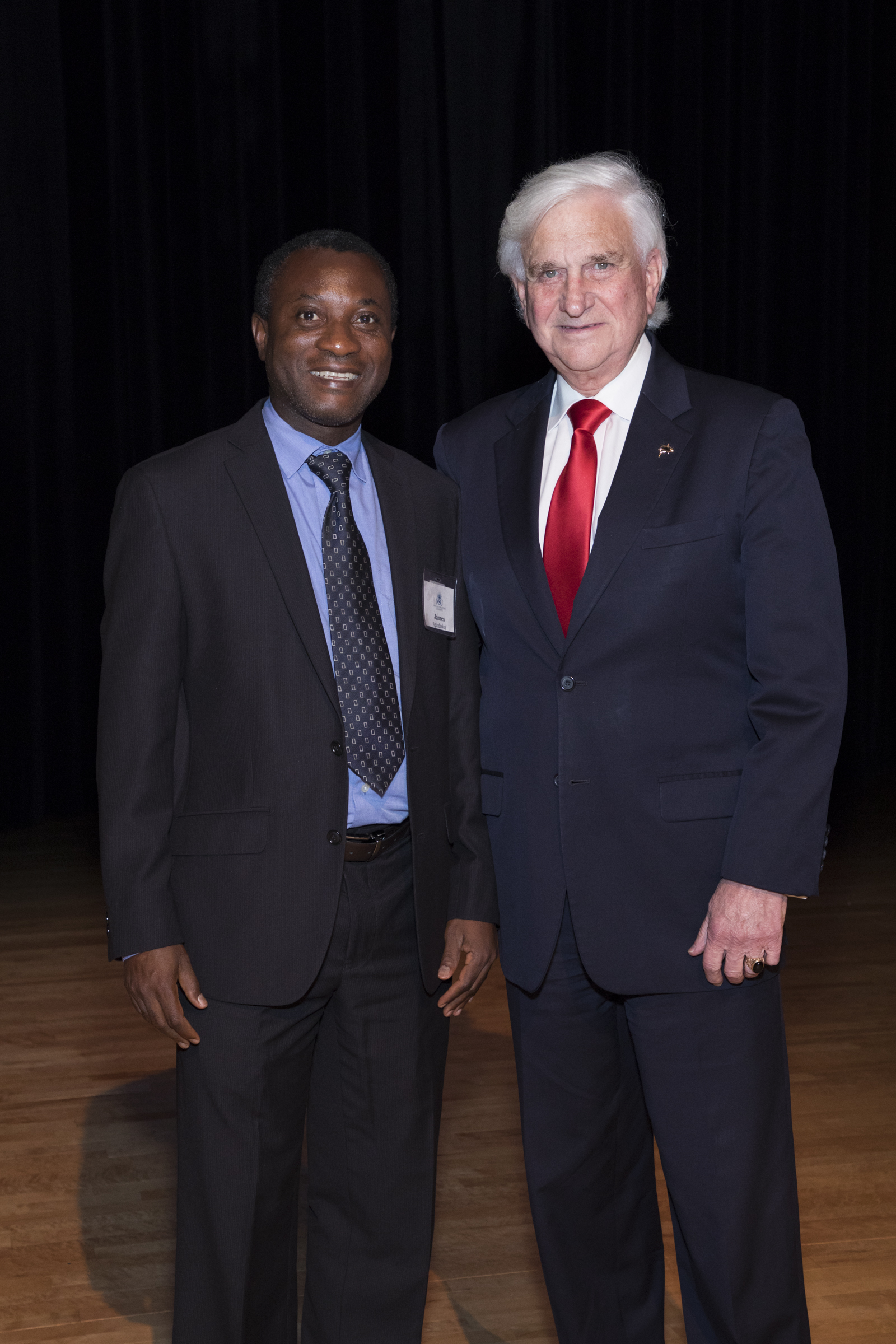Examining leadership in collaborative governance for HIV/AIDS Care and treatment
Grant Winners
- James Agbodzakey, Ph.D. – H. Wayne Huizenga College of Business and Entrepreneurship
- Sadia Khan, BS – H. Wayne Huizenga College of Business and Entrepreneurship
Dean
- J. Preston Jones, D.B.A. – H. Wayne Huizenga College of Business and Entrepreneurship
Abstract

Background: The enactment of the Ryan White Comprehensive AIDS Resource Emergency Act in 1990 set the stage for fund access by areas disproportionately impacted by the HIV/AIDS for care and treatment of those infected and affected. Per the legislative intent, these areas are required to establish Health Services Planning Councils to serve as a collaborative arrangement for implementation decisions to foster judicious resource allocation for various service categories. The Broward and Palm Beach Counties with Fort Lauderdale and West Palm Beach as Eligible Metropolitan Areas have established their respective councils to promote care and treatment with leadership of the general councils and associated committees playing instrumental roles to enable effective collaborative governance involving public, private and non-profit stakeholders.
Rationale: The purpose of this research is to examine efforts of councils' leaders in both counties at the general and committee meetings levels as a conduit to relate their contributions to care and treatment of HIV/AIDS infected and affected using collaborative governance. Essentially, the leaders' effect on multi-stakeholder engagements for collective problem solving, process of collaboration and attendant outputs/outcomes will be investigated for a constructive narrative on their contributions.
Methods: This research will use mixed methods to help generate needed data on councils' leaders' role in collaborative governance for care and treatment. Specifically, the study will utilize qualitative interviews of members and affiliates of the respective councils and survey of such participants. The qualitative data culminating from the interviews will be subjected to category analysis for themes and concepts and the quantitative data will be subjected to descriptive and multivariate analysis for constructive findings and interpretation of such findings.
Significance: The study will highlight the likely contributions of leaders as key facilitators in collaborative governance for collective problem solving involving HIV/AIDS infected and affected, service providers and non-elected community leaders. Furthermore, the study will make a case for viability of collaborative governance involving leaders as critical stakeholders in promoting representation and participation of various segments of the community, engagements in the collaborative process, and judicious allocation priorities to enable provision of various services to infected and affected populations as essential outputs alongside strategic and integrated planning, and sustainable management of resources for the greater good. The study will certainly help fill a gap in the existing public management literature on facilitative leadership and draw implications for policy, research, and practice.